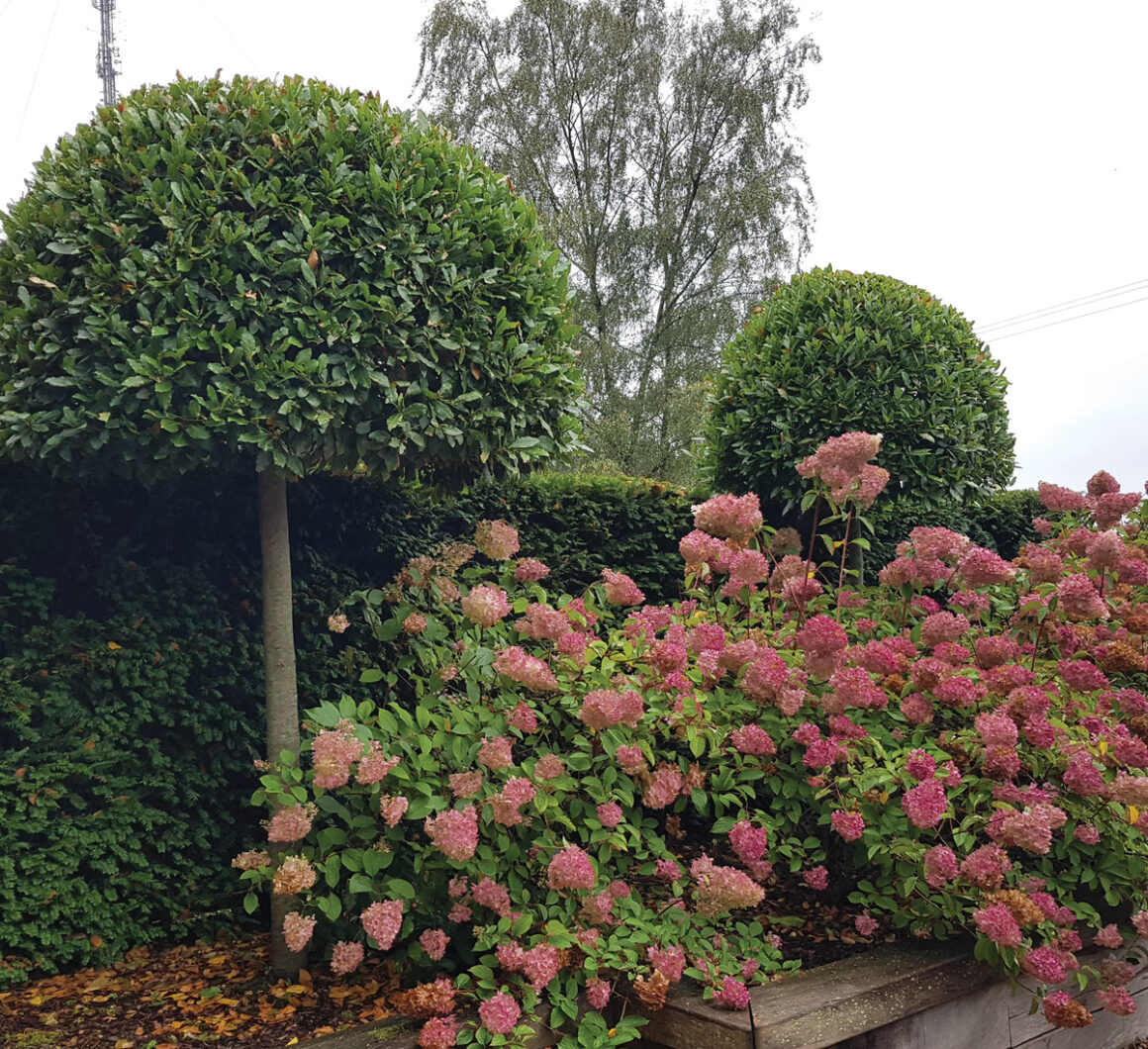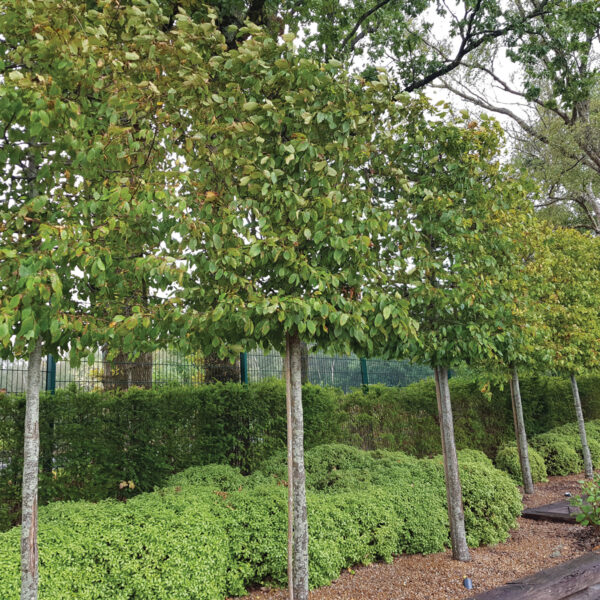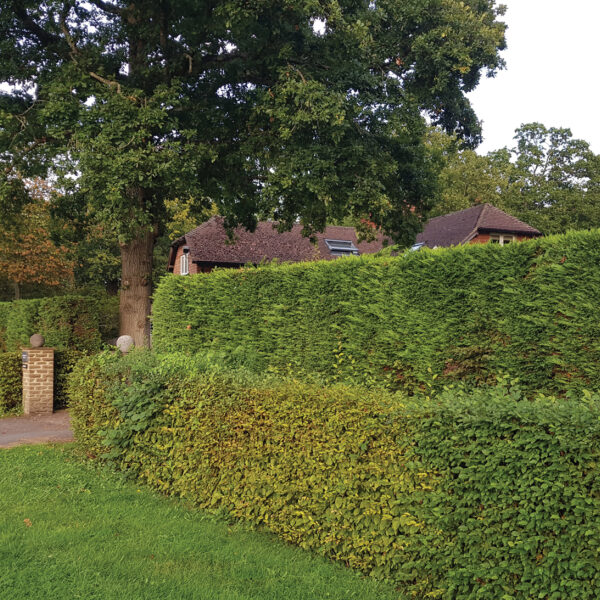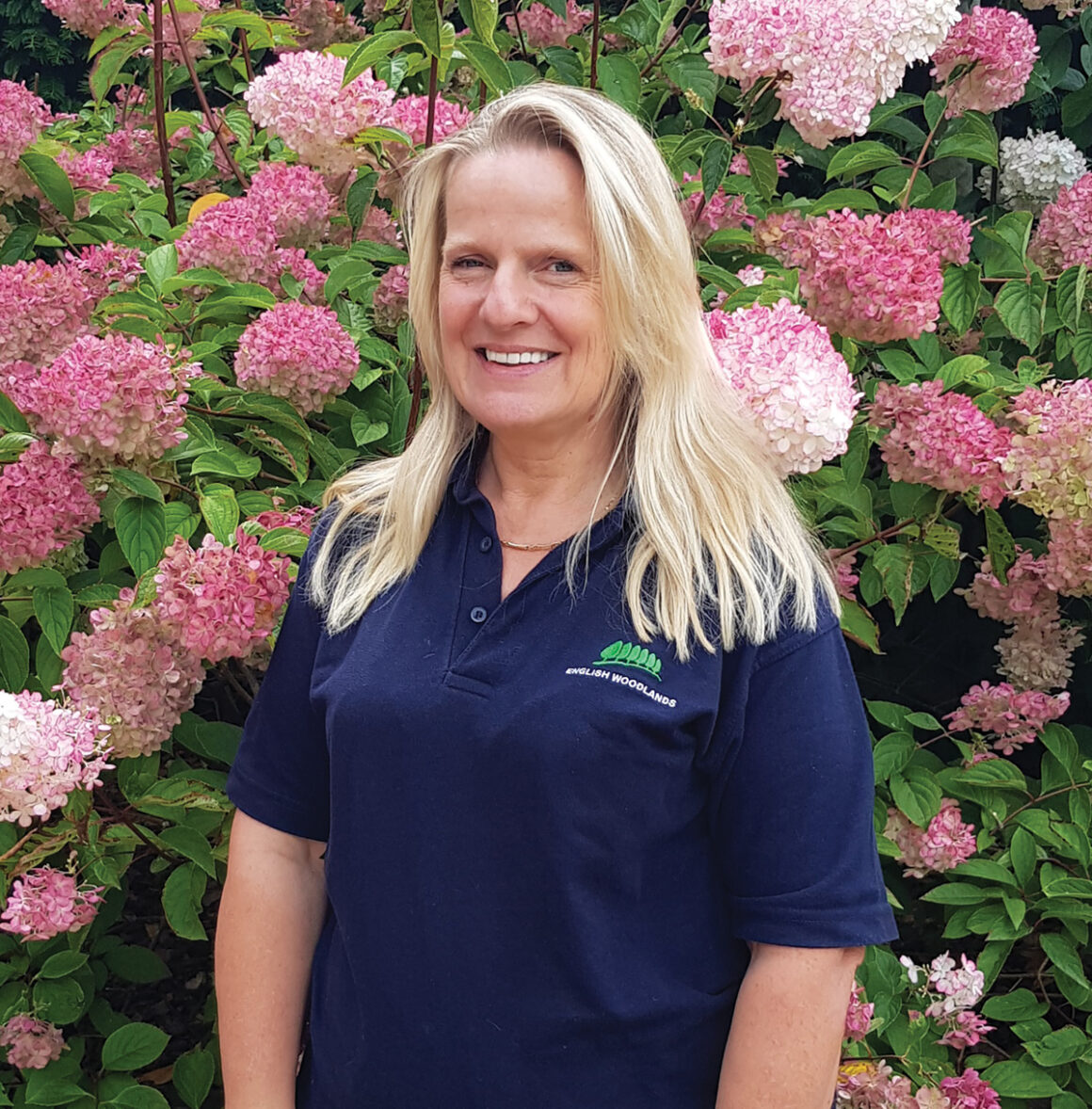Rising to the challenge – is Net Zero and the issue of global warming YOUR problem?
The Government’s pledge to reduce the amount of greenhouse gases and achieve a balance amounting to zero by the year 2050 has nothing to do with us. Right? What does this even mean? The target of Net Zero will result in negating the amount of greenhouse gases being produced by human activity. In other words, the gases escaping into the atmosphere will equal the amount of carbon dioxide being removed, thus halting global warming. So, it is relevant to each and every one of us. The good news is that we can all do one very simple thing at a local level, and English Woodlands tree, shrub and hedge supplier can help.vulputate elaboraret ad. Et vix menandri argumentum.

Whilst climate science is a complex topic, the action of planting trees and shrubs is much easier to grasp. Trees can play a huge part in carbon sequestration. They not only absorb CO2 but also produce oxygen and absorb both pollution and traffic particulate matter. Trees and woody plants have been shown to be capable of filtering out up to 50 per cent of toxins within their immediate environment, resulting in cleaner air. They provide a multitude of other benefits too.
Firstly, there’s the matter of garden privacy. We are getting used to being watched when outside the home, with security cameras and number plate recognition systems now commonplace. But most people would prefer to enjoy a sense of seclusion within their garden space. This can be achieved in the majority of settings by using hedging and screening wisely. A ‘hedge on stilts’, for example, provides additional screening above the fence line, or an evergreen standard tree can soon block intrusive windows that might overlook a garden. English Woodlands nursery has noticed that pleached hedging, as it is called, has been one of the fastest-growing features of UK gardens over the last few years.
Secondly, trees, shrubs and hedges provide the very best habitats, shelter and resources for wildlife. Up to 600 plant species have been found to thrive in ancient hedges, but a single-species hedge or a mixed native hedge comprising just a few species, is valuable within a garden too. Birds will nest in hedges and a huge number of creatures further down the food chain can provide rich pickings. Bees visit in order to pollinate hedge flowers and even small mammals, amphibians and reptiles can inhabit this environment. English Woodlands supplies many different types of hedge plants, including a Forager’s Hedge mixture intended to suit those wanting to make jams, jellies and other edible delights.
Did you know that hedges and trees also stabilise the soil and help with water management? If your garden is prone to becoming boggy during wet periods, for example, the right plants will help to improve this problem. The strong root system of plants within a hedge help to anchor the soil and reduce erosion. Roots act as a sponge to soak up water and even the structure of plants help to slow the rate at which water reaches the ground.
Jo Carter Sales Director English Woodlands
This is the perfect season for planting specimen trees, shrubs and hedges. The bareroot seasons runs from November through to April, meaning that plants can be sold and transported in a dormant state, without the need for soil. It’s an inexpensive way of purchasing plants, and planting is easy when the soil is moist. English Woodlands recommends using mycorrhizal fungi in the planting hole, around the roots, to help rapid establishment.


